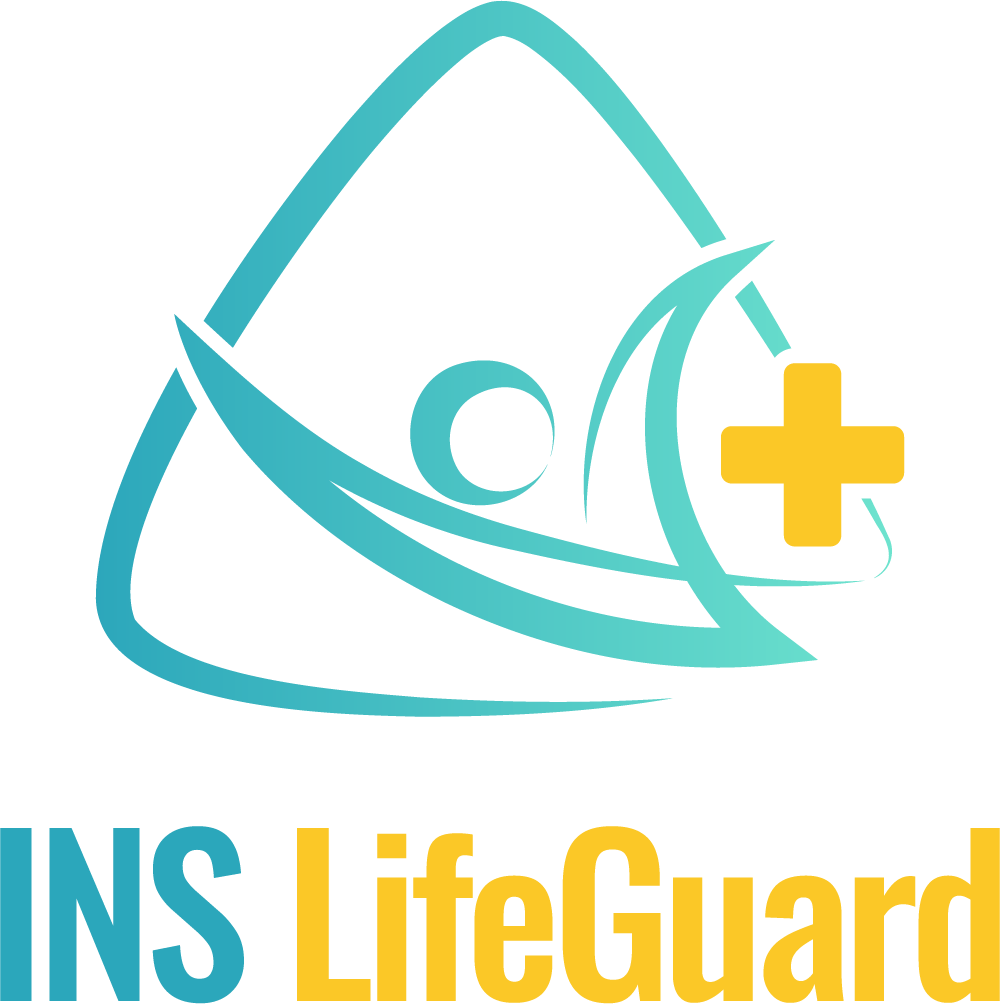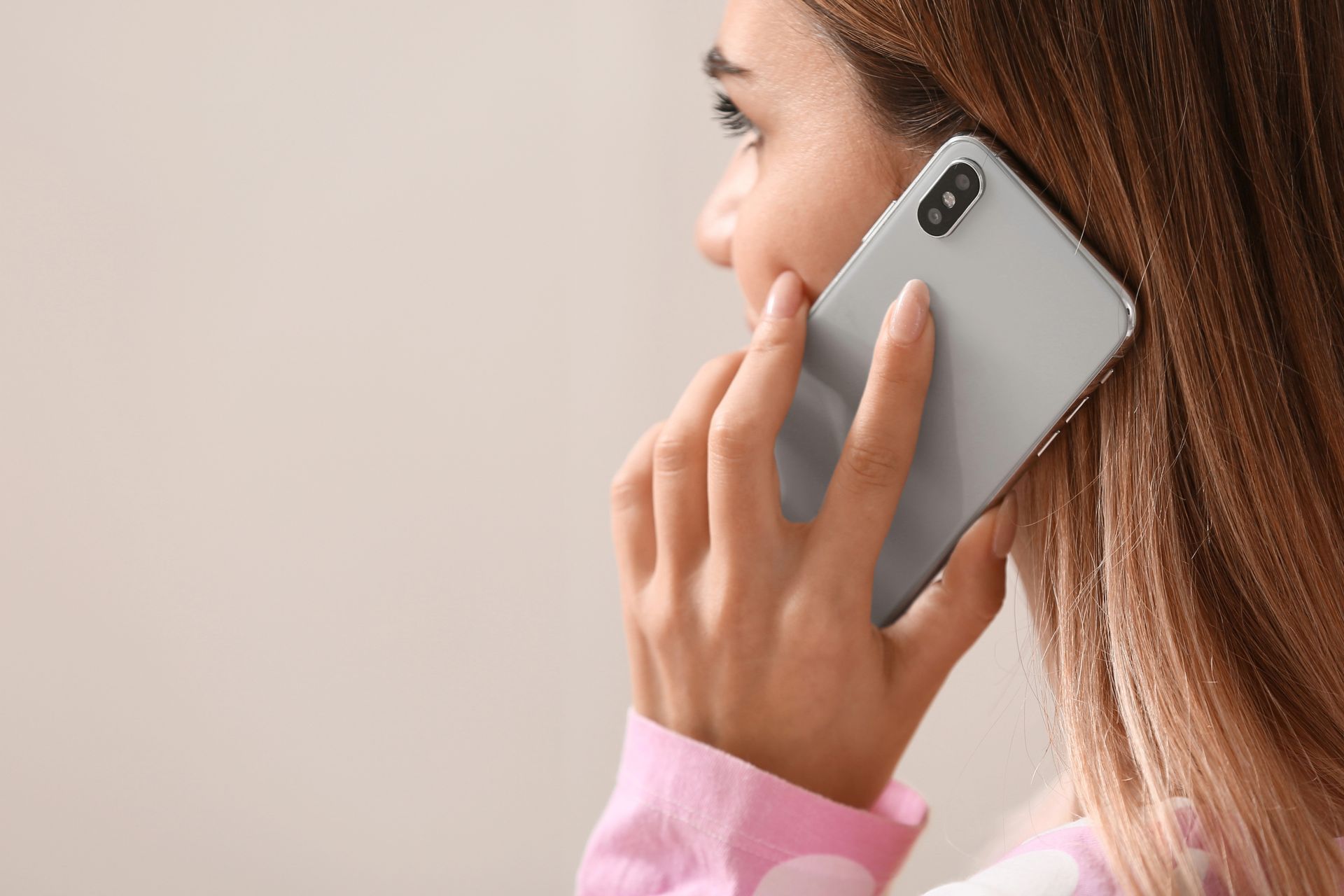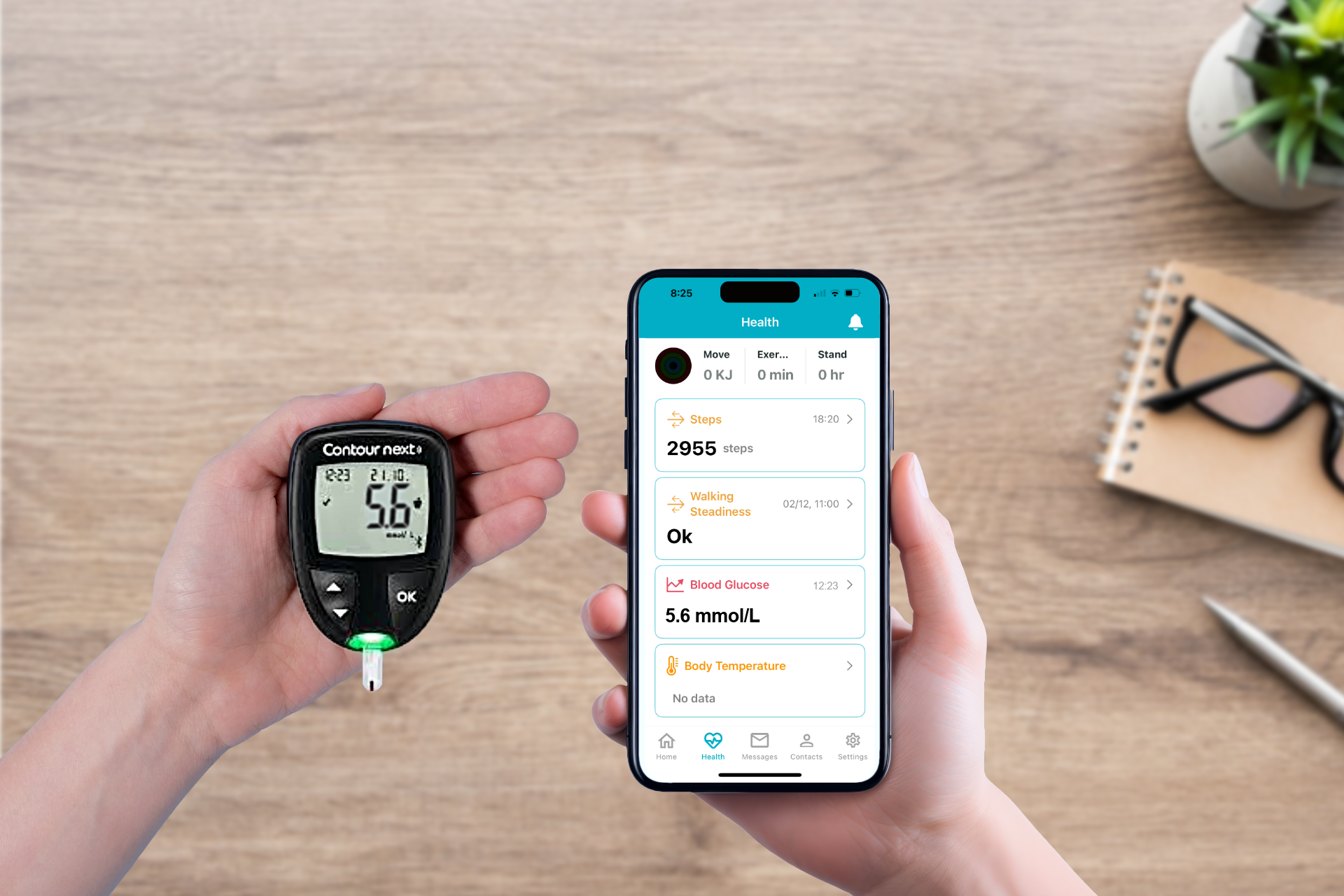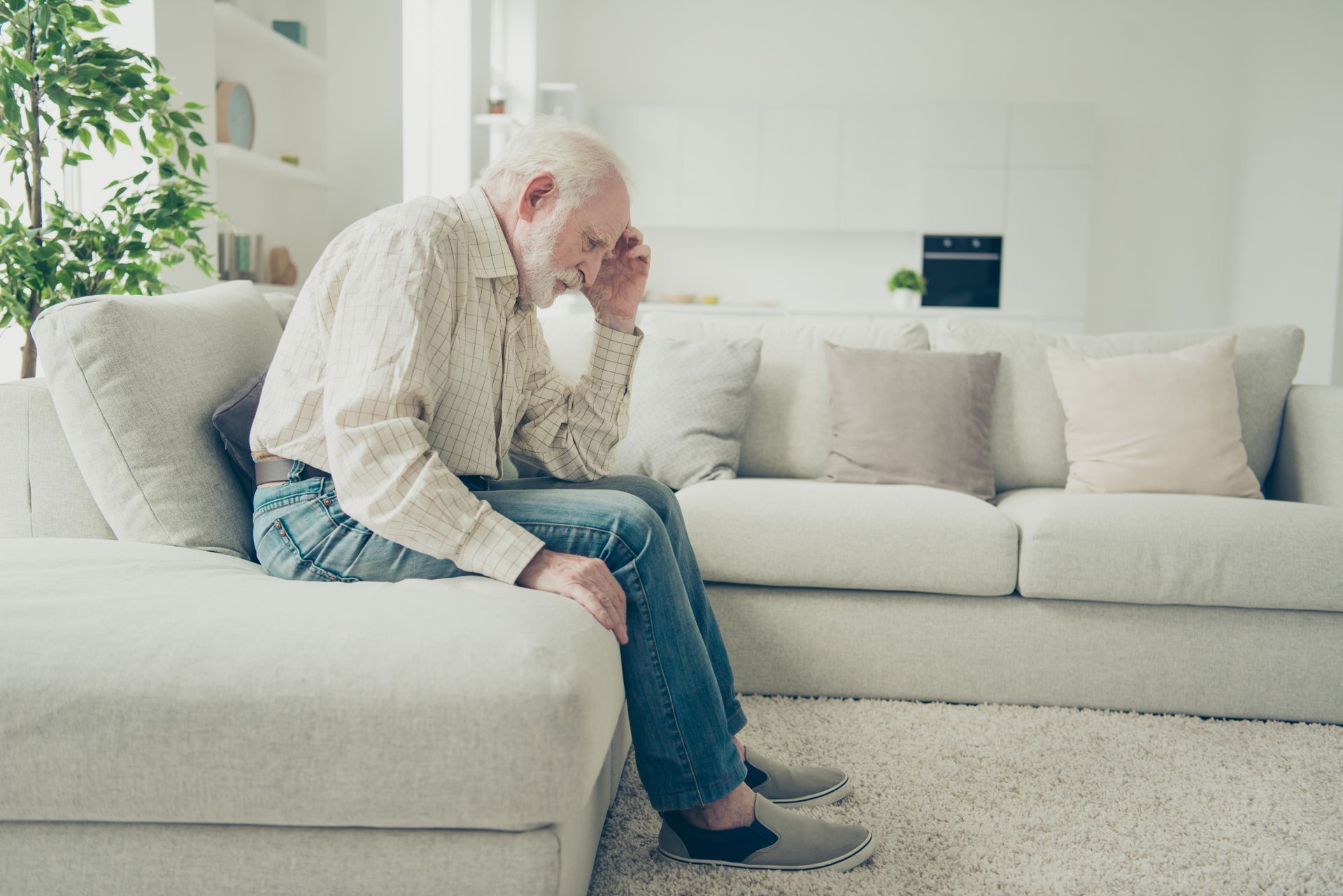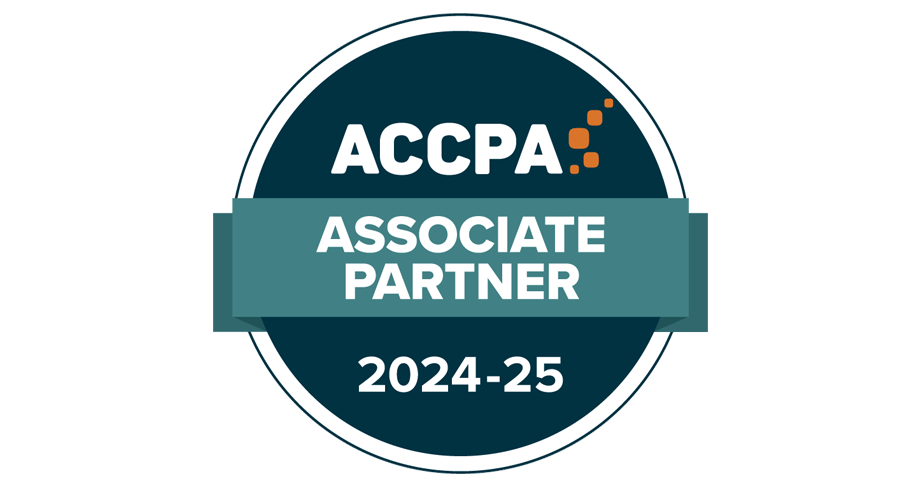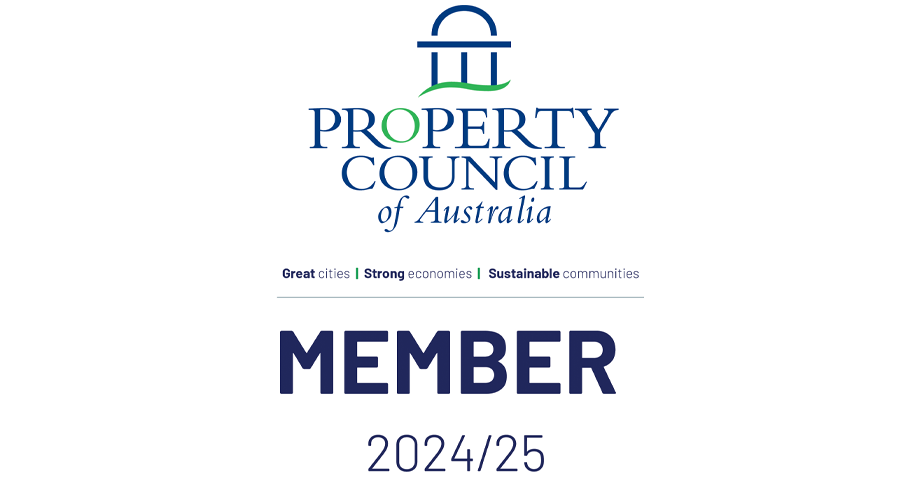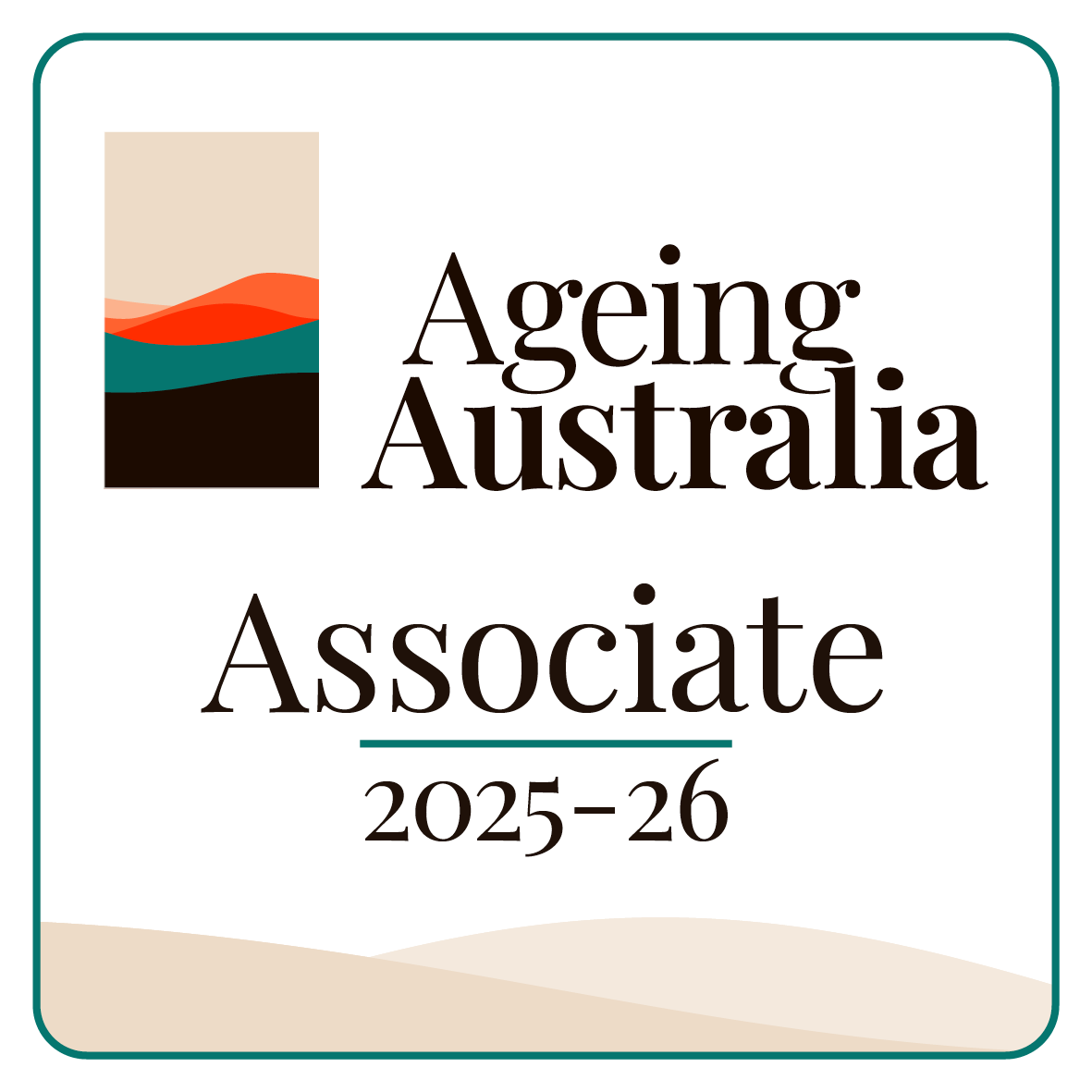Have a Question?
Carers Service in Australia: What Defines a Carer and Why Personal Medical Alarms Are a Game Changer
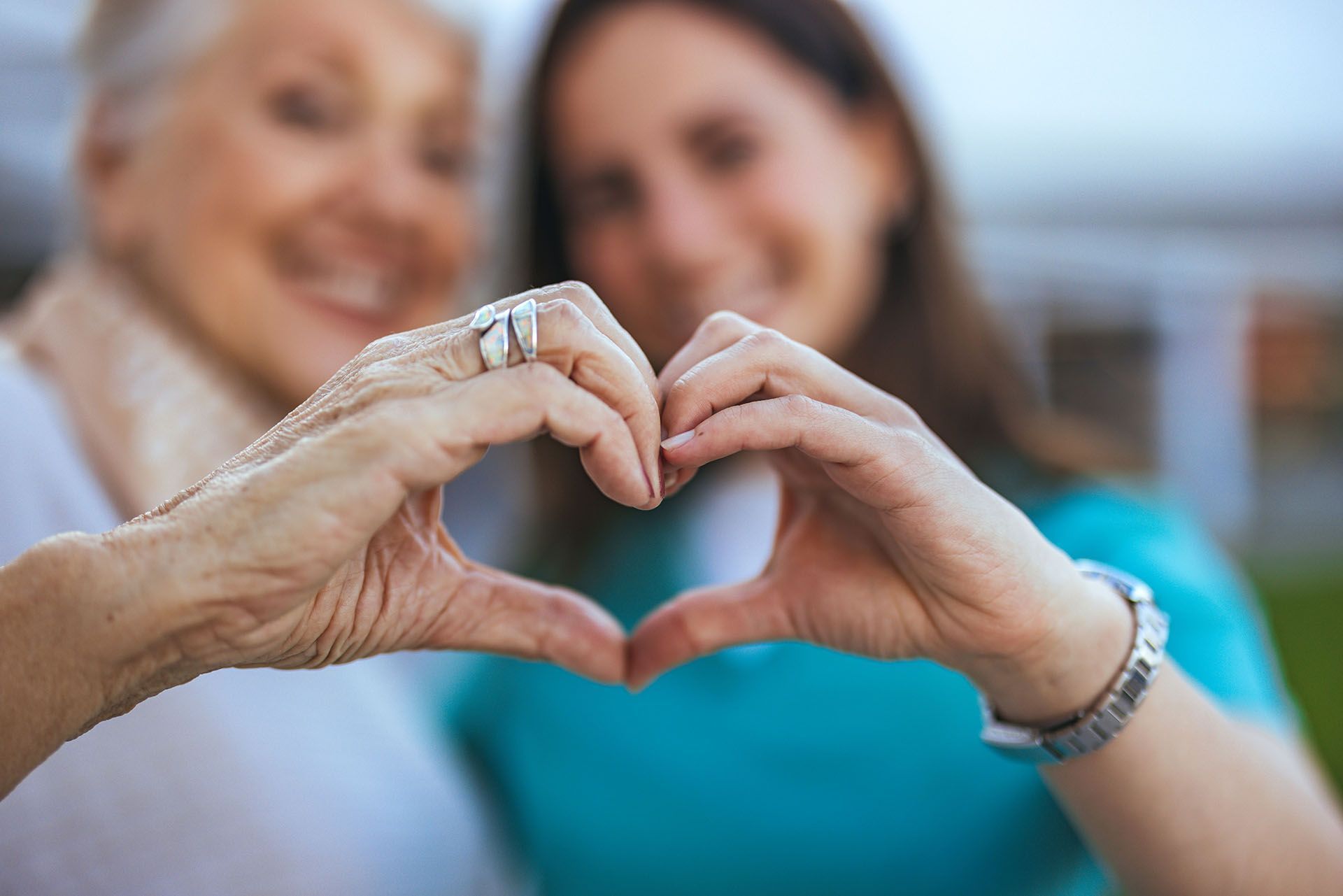
Carers are the backbone of our health system, often unrecognised, unpaid, and under-supported. As Australia’s media and policymakers increasingly focus on the mental load and systemic challenges carers face, it’s time to explore what it truly means to be a carer and how technology, including personal medical alarms, is helping to ease the pressure.
Introduction to Carers in Australia
Carers play a vital role in supporting family members and friends with a disability, mental illness, chronic condition, terminal illness, or frail aged individuals.
Who Is a Carer?
According to the Carer Recognition Act 2010, a carer is someone who provides unpaid care and support to a family member or friend who has:
- A disability
- A medical condition (including terminal or chronic illness)
- A mental health condition
- Age-related frailty
- Alcohol or drug dependency
A carer can be a family member, partner, or friend who provides emotional, social, or financial support to the person they care for.
This caregiving can involve personal care, medical management, transport, emotional support, and supervision, often around the clock. Carers can be as young as 10 years old, or still in full-time work, study, or managing families of their own.
Carers in Australia: The Numbers That Tell a Human Story
Behind the statistics are millions of real people—parents, partners, children, and friends—who step up every day to care for someone they love.
Australia is home to over 2.65 million carers. These individuals provide unpaid care to people living with disability, illnesses, mental illness, cognitive decline, or age-related frailty. Of these, more than 850,000 are primary carers, meaning they take on most care responsibilities, often full-time.
Efforts to improve the lives of Australia’s carers through advocacy, program delivery, and collaboration with various stakeholders are crucial in supporting this community.
But those numbers only scratch the surface of a more complex and deeply personal reality.
A Diverse — and Often Overlooked — Group
758,000 carers are aged 65 and over — a rapidly growing demographic, often caring for spouses with dementia, chronic disease, or physical disability. Many face ageing-related challenges, yet continue to provide full-time support out of love and duty.
One in 10 carers is under 25. These are young people—including school-age children—caring for parents, siblings, or grandparents. Their experience is unique, often isolating, and can impact education, employment, and mental health.
Incredibly, 287,000 primary carers in Australia provide 40 hours or more of unpaid care weekly. That’s equivalent to a full-time job — but without pay, leave entitlements, or often even recognition. These carers sacrifice time, income, and sometimes their health to meet the ongoing needs of someone close to them. Common responsibilities of carers include the management of medications.
Carers are everywhere: in urban and regional Australia, every cultural group, and all socioeconomic backgrounds. Some are visible — others hide their caring role out of pride, privacy, or fear of being misunderstood. It is important to understand the available services in your state for individuals claiming Carer Payment.
The Hidden Toll on Carers’ Own Health
Incredibly, nearly 40% of Australia’s primary carers also live with disability or long-term health conditions themselves, placing them under dual pressure to manage their well being while supporting someone else.
These carers are not just looking after others; they often neglect their health.
They may:
- Delay or skip their medical appointments
- Experience chronic pain, fatigue, or depression
- Feel emotionally overwhelmed, but continue without a break
- Worry about what happens if they fall ill or are unable to keep caring
Caregivers can read additional resources and information relevant to their needs to manage these challenges better.
This silent sacrifice happens in thousands of homes every day. And for many, there’s no backup.
The Economic Value — and the Emotional Cost
Unpaid carers deliver an estimated 2.2 billion hours of care each year, valued at $77.9 billion annually, more than Australia spends on the entire aged care sector.
Yet many caregivers live in financial stress, cut back on work, or retire early due to care responsibilities. Some lose their sense of identity outside their caring role. Others become isolated as social connections fade under the weight of constant caregiving. Many unpaid carers may not think to look or ask for help.
Why All Carers Need More Support — Especially Older Carers
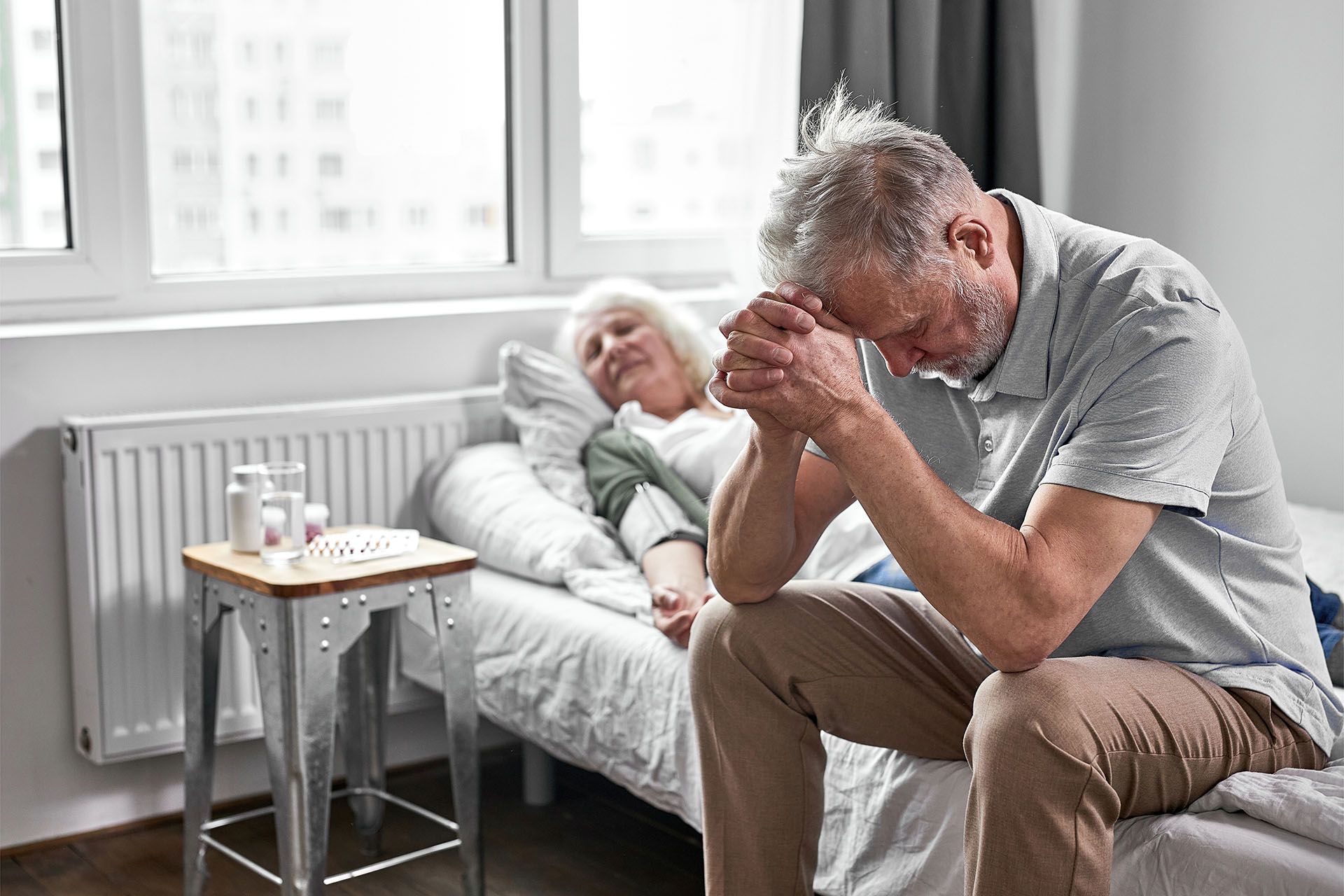
While carers of all ages face challenges, older carers are especially at risk due to:
- Physical limitations like reduced mobility or strength
- Chronic conditions such as heart disease, arthritis, or diabetes
- Increased fall and hospitalisation risk
- Social isolation, particularly when caring for a spouse
- Difficulty accessing digital or app-based health services
Many provide round-the-clock support with limited formal help, placing them at high risk of burnout, fatigue, and declining health.
How Personal Medical Alarms Support Carers and the People They Love
Personal medical alarms monitored by INS LifeGuard are more than just devices; they’re lifelines. They ensure that vulnerable Australians are never alone in a crisis. But more importantly, they function as a dedicated carers service, a reliable support system that adds a vital layer of backup, confidence, and peace of mind, especially when carers can’t be physically present.
Key Benefits:
- Emergency help at the press of a button
- Automatic fall detection, even if the user is unconscious or unable to cal
- GPS tracking, ideal for users with dementia, disorientation, or cognitive challenges
- Geofence alerts, which notify carers if a loved one exits a pre-set safe zone
- Discreet silent alarms, allowing the user to summon help without alerting others
- Routine safety check-ins, especially helpful when carers can't always be present
These features are essential not only for protecting the person receiving care but also for giving carers room to rest, manage work or appointments, and protect their own well-being, all while knowing support is still available.
What Truly Matters: The People Behind the Technology
While many personal alarm systems offer these features, what sets INS LifeGuardian apart is who’s on the other end. Most providers route alarms to a family contact or a generic call centre. In contrast, INS LifeGuard connects every user directly to an experienced Australian nurse, 24/7.
With INS LifeGuard, carers and their loved ones receive:
- 24/7 access to a nurse-staffed response centre — not a standard operator
- Medical advice and emotional reassurance, even for non-emergencies or moments of concern
- Immediate nurse-led action in emergencies — not just a call to a family member
- Welfare checks: Scheduled by the carer or user, these are proactive calls from our nurse team to confirm the individual is safe and well, especially helpful if the carer is away, unwell, or simply needs reassurance
- Support in both critical and everyday moments — from medication questions to emotional reassurance
Here is just some of the feedback we receive from Carers
“When my mother started to fall, I looked into units that she could use to call for help, and I settled on INS LifeGuard.
My experience has been flawless. I was always notified when Mum fell, and on the last occasion, when she wasn’t making sense, INS rang for an ambulance.
Sadly, Mum has passed away, but I remain grateful for the honest care and sensitivity INS showed us both over the past couple of years.
Highly recommended.”
— Susan P.
Blake and Janice wish to thank Janae for all her help assisting Janice with her medical emergency last night.
Pamela expressed her greatest sincere gratitude to Natalina for the care provided to her during a medical emergency. She also expressed gratitude for the overall effectiveness of service she has been receiving, stating “I don’t know what I would have done without you”.
Mr & Mrs Olsen passed on their praise for INS nurse Bianca. They appreciated her support with triage and check-ins while waiting for the ambulance to attend.
Mrs R Fisher wanted to say a big thank you to Kim for helping her and being so kind when she needed emergency assistance for her husband. Her husband has since returned home from the hospital and is doing well.
A big thank you to Julie from Tamara. She said Julie was such a big help on Monday when her mother needed the ambulance. She advised that they felt safe knowing you were aware of her situation.
Eileen’s daughter called in and wanted INS to know what a wonderful service we offer, saying, “The device has been such a godsend to Eileen and brought so much peace of mind to her family.”
Wendy called in to provide an update on her mother’s condition and expressed her thanks at the kind and caring staff that had called her and her brother after the ambulance was sent for her mother. She was very grateful.
This professional, human connection makes a profound difference, especially for carers who are tired, overwhelmed, or simply stretched too thin.
Why It Matters for Carers
Carers are often on constant alert, especially those supporting someone alone or from a distance. Knowing that there’s a real medical professional on the other end of the line, day or night, offers:
- A safety net when you’re unavailable or asleep
- A trusted medical voice for second opinions, symptom checks, or advice
- Emotional support during moments of isolation, anxiety, or decision-making
- Relief from sole responsibility, giving carers time to recharge or focus on other areas of life
And because INS LifeGuard offers more than other personal alarms, carers can feel confident their loved one is protected by technology and clinical support, not just hope that someone picks up the phone.
Funding, Support and Other Services for Carers and the People They Care For
For many Australians, the cost of personal safety technology can be a concern. Fortunately, several government-funded programs are available to assist eligible individuals in obtaining an INS LifeGuard personal alarms, ensuring safety and peace of mind without financial strain.
Support At Home Through My Aged Care
Commonwealth Home Support Programme (CHSP)
The CHSP is designed to help older Australians live independently and safely in their homes. Through CHSP, eligible seniors can access subsidised services, including personal alarms.
- Eligibility: Generally for individuals aged 65 and over (or 50 and over for Aboriginal and Torres Strait Islander people) who need assistance to remain living at home.
- Access: An assessment through My Aged Care is required to determine eligibility and appropriate
Home Care Packages (HCP)
HCPs offer a higher level of support than CHSP, tailored to individuals with more complex care needs. Personal alarms can be included in the package to enhance safety.
Eligibility: Assessed by the Aged Care Assessment Team (ACAT) based on care
- Access: Once approved, individuals can choose a service provider to manage their package and coordinate services, including the provision of personal
Learn more about the Support At Home Program through My Aged Care
National Disability Insurance Scheme (NDIS)
The NDIS provides support for Australians under 65 with permanent and significant disabilities. Personal alarms are considered assistive technology and can be funded under the scheme.
- Eligibility: Individuals under 65 with a permanent and significant
- Access: Participants can include personal alarms in their NDIS plans under the assistive technology
For detailed information, visit what is the NDIS.
Department of Veterans' Affairs (DVA)
Veterans holding a DVA Gold or White Card may be eligible for personal response systems, including personal alarms, through the Rehabilitation Appliances Program (RAP).
- Eligibility: DVA Gold or White Card holders with clinical needs as assessed by a healthcare provider.
- Access: An assessment by an occupational therapist or other healthcare professional is required to determine the need for a personal alarm.
More details can be found on the DVA website.
Other Organisations and Support Services for Carers
Many carers benefit from access to a formal carer service — including carer support planning, peer support, and tailored care packages to help them manage their responsibilities effectively.
The Australian Government recognises the essential contribution of carers and has implemented various support packages and programs to support them. One such national carer service is the Carer Gateway, which provides a central access point for carer-specific support — including in-person, phone, and online services across Australia.
Through Carer Gateway, carers can access services and resources designed to assist them in their caring role. These include other services such as free counselling, carer coaching, skills training, and advice, all aimed at improving their capacity to care while maintaining their own wellbeing.
In addition to Carer Gateway, an organisation called Carers Australia also deliver valuable carer services, including advocacy, education, and referral support, helping carers navigate the aged care, health, and disability systems.
By connecting with these carer services, carers can ensure they are supported emotionally, practically, and financially while continuing to provide compassionate care for their loved ones and protect their own health and well-being.
Final Thoughts
Carers are the first responders, the steady hands, and the emotional anchors in our homes and communities. Whether you’re 17, 47, or 77, caring for someone takes strength, but it shouldn’t take everything.
INS LifeGuard is more than a monitoring device. It’s an entire support system offering smart, proactive protection for those receiving care and reliable, around-the-clock backup for those providing it.
Call 1800 636 040 to speak to a friendly staff member or visit our website to learn more about how we support carers. With INS LifeGuard, help is always within reach.

About
INS LifeGuard is the only 24/7 nurse on-call personal and medical monitoring in Australia. We provide monitoring technology for both in the home and on the go and can also monitor other provider's equipment. Our services are suitable for anyone wanting support to stay independent such as the elderly, those with medical conditions and disabilities plus enhancing safety and security for lone workers.
